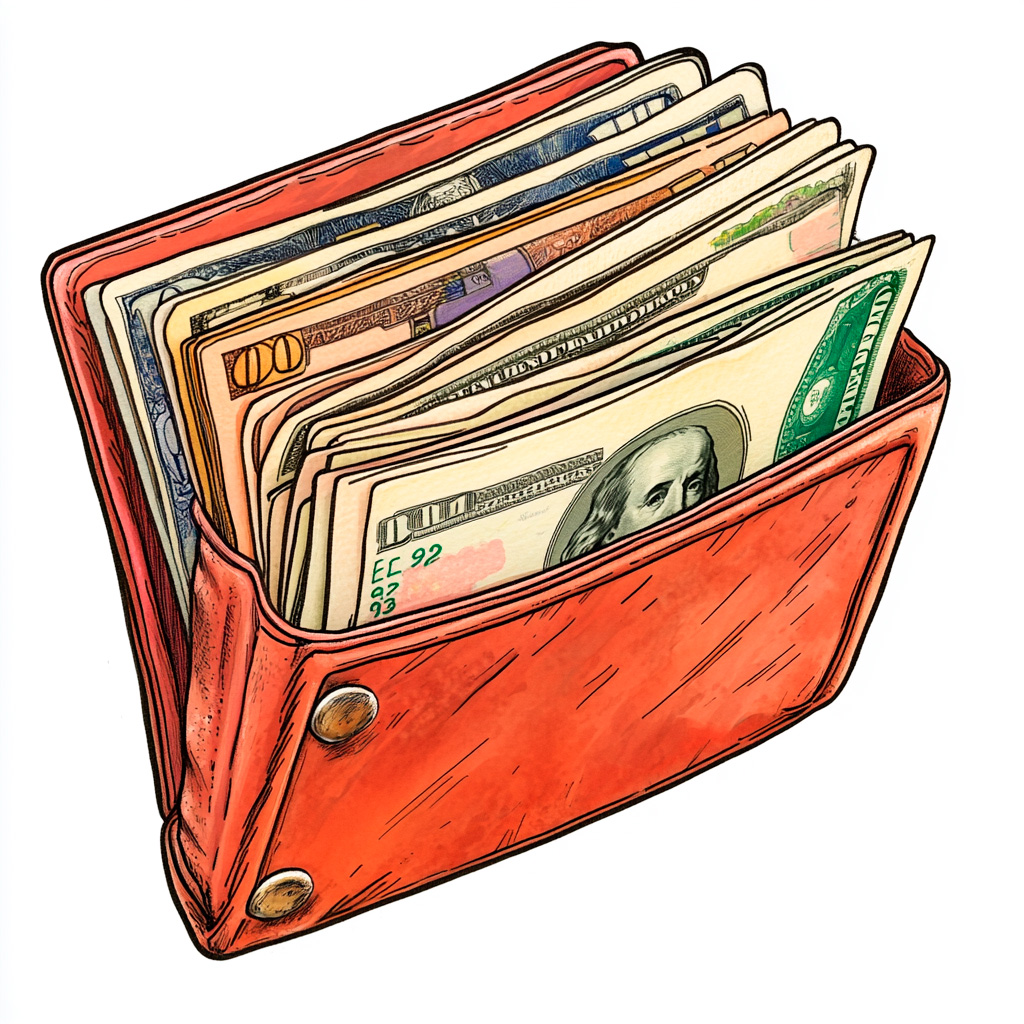Adlega Blog:
-

Inventory
What Is Inventory? Inventory is everything a business has on hand to sell or use in making products. Think of it as your business’s “stuff” – all the goods, materials, and products you need to keep your operation running. 🏭 Fun Fact: The word “inventory” comes from the Latin “inventarium,” meaning “a list of…
-

Retention Rate
What Is Retention Rate? Retention rate is the percentage of customers who stick around over a specific period. It provides insights into: How many customers stay loyal The strength of customer relationships The effectiveness of customer success efforts The overall health of your business Fun Fact: Studies reveal that increasing customer retention by just 5%…
-

Customer Support and Success
What is Customer Support? Customer support is like being a problem-solving superhero for your customers! 🦸♂️ It’s the team that jumps in when customers need help, have questions, or run into issues. Think of them as your company’s emergency response team. Customer support typically includes: Answering customer questions Solving technical problems Handling complaints Processing returns…
-

Customer Experience (CX)
What Is Customer Experience? Customer Experience (CX) is every interaction a customer has with your brand – from browsing your website to using your product and talking to support. It’s the overall journey customers take, filled with emotions and impressions. 🗺️ Fun Fact: The focus on customer experience gained momentum in the 1990s when the…
-

Customer Onboarding
What Is Customer Onboarding? Customer onboarding is the process of familiarizing new customers with your product or service and helping them achieve their first “wow” moment. Think of it as teaching someone to ride a bike – you guide them until they can pedal confidently on their own. Fun Fact: The term “onboarding” originated in…
-

Stakeholder / Stakeholders
What Is a Stakeholder? A stakeholder is anyone who has a “stake” in how a business performs – essentially, anyone affected by or capable of influencing a company’s actions. Fun Fact: The concept of stakeholders gained popularity in the 1980s when businesses realized focusing solely on shareholders wasn’t enough for long-term success. Stakeholder Examples Stakeholders…
-

E-commerce
What Is E-commerce? E-commerce, short for electronic commerce, refers to the buying and selling of products or services online. It’s a digital marketplace where businesses and customers interact and transact seamlessly through the internet. Fun Fact: The first e-commerce transaction was a pizza order from Pizza Hut in 1994. Today, global e-commerce sales exceed $5…
-

Upsell and Cross-Sell
What Are Upsell and Cross-Sell? Upselling and cross-selling are powerful strategies to maximize revenue and deliver more value to customers by enhancing their purchase experience. Let’s break down what each one means: Definitions Upselling: Encouraging customers to buy a more expensive version or an upgrade of what they’re already purchasing. Cross-selling: Suggesting related or complementary…
-

Cash Runway
What Is Cash Runway? Cash Runway represents the amount of time a company can continue operating before it runs out of cash, based on its current cash reserves and burn rate. It’s like calculating how many more months your business can survive before needing additional funding or becoming profitable. What’s Included in Cash Runway? 💼…
-

Ending Cash
What Is Ending Cash? Ending Cash represents the total amount of cash and cash equivalents a company has at the end of a reporting period, after considering all cash movements from operations, investing, and financing activities. What’s Included in Ending Cash? 💼 Cash Components: Physical cash Bank account balances Money market accounts Short-term investments (under…
-

Net Burn Rate
What Is Net Burn Rate? Net Burn Rate represents how much money a company is losing (or gaining) each month after considering both expenses and revenue. It’s like your actual cash flow scorecard, showing the real rate of cash depletion. What’s Included in Net Burn Rate? 💼 All Expenses (Gross Burn): Operating Expenses: Employee costs…
-

Gross Burn Rate
What Is Gross Burn Rate? Gross Burn Rate represents the total amount of money a company spends each month before factoring in any revenue. What’s Included in Gross Burn Rate? 💼 Operating Expenses: Employee Costs: Salaries and wages Benefits and payroll taxes Contractor payments Training and development Facility Costs: Rent Utilities Maintenance Technology Costs: Software…
Got any book recommendations?